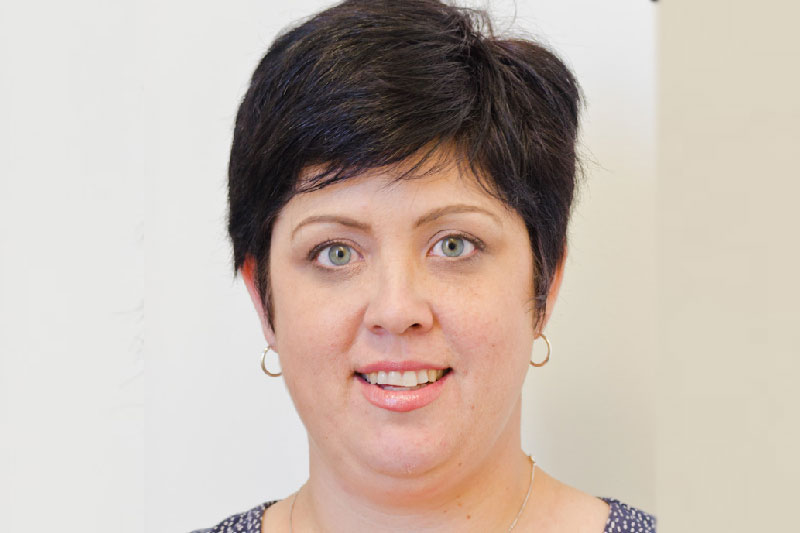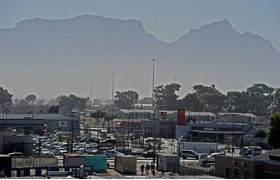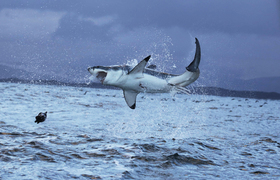UCT part of UN‑endorsed network to boost sustainable ocean cities
25 June 2021 | Story Aamirah Sonday, MARIS. Read time 3 min.
The Ocean Cities (OC‑NET) Programme, in which the University of Cape Town’s (UCT) Marine and Antarctic Research Centre for Innovation and Sustainability (MARIS, formerly MA‑RE) participates, has received endorsement as an official United Nations (UN) Decade of Ocean Science for Sustainable Development (Ocean Decade for short) programme under the first “Call for Decade Actions”.
The Ocean Decade harnesses, stimulates and coordinates interdisciplinary research efforts at all levels to generate and use knowledge for the transformational action needed to achieve a healthy, safe and resilient ocean for sustainable development by 2030 and beyond.
The ultimate goal of OC‑NET – an international network coordinated by the Institut de Ciències del Mar (ICM‑CSIC) and Unidad de Tecnología Marina – is to turn ocean cities into communities permeable to the marine environment, regenerating the coastline as much as possible and enhancing a harmonic community‑land‑ocean connection through mind (science), heart (art) and soul (awareness).
“Citizens living in coastal towns have to open their mind and soul to the ocean.”
It will be carried out with and for the people, promoting bottom‑up collaboration of all actors and endorsing policy dialogue towards effective, evidence‑based policies that set the city border well beyond the shoreline.
“Citizens living in coastal towns have to open their mind and soul to the ocean. This requires an increased awareness of the essential role of the marine environment in our everyday lives and, possibly even more important, a more intimate and harmonic relation between the city, its citizens and the companion sea,” said Josép Luis Pelegrí, the ICM‑CSIC director and coordinator of OC‑NET Programme.
A transdisciplinary approach
As an inter- and transdisciplinary research centre at UCT, MARIS, as the South African OC-NET partner, will be responsible for building and coordinating a local network of investors, sponsors, supporters and/or allies who will design and implement projects that speak to the over‑arching goals of the programme.

On the significance of the endorsement, Dr Louise Gammage, the MARIS Ocean Cities coordinator, said: “This programme presents the opportunity to draw on our vast experience with real‑world challenges facing Cape Town and other South African coastal cities.
“Specifically, it provides a platform to actively pursue a truly transdisciplinary approach to promote the implementation of the Sustainable Development Goals in our ocean cities.”
“Resilience of coastal cities in the face of climate change is a critical challenge for decades to come,” said Dr Vladimir Ryabinin, the executive secretary of the Intergovernmental Oceanographic Commission, the UN body charged with the task of coordinating the Ocean Decade.
“It is therefore an excellent development that Ocean Cities will be a part of the first set of endorsed programmes of the [Ocean Decade].”
 This work is licensed under a Creative Commons Attribution-NoDerivatives 4.0 International License.
This work is licensed under a Creative Commons Attribution-NoDerivatives 4.0 International License.
Please view the republishing articles page for more information.










